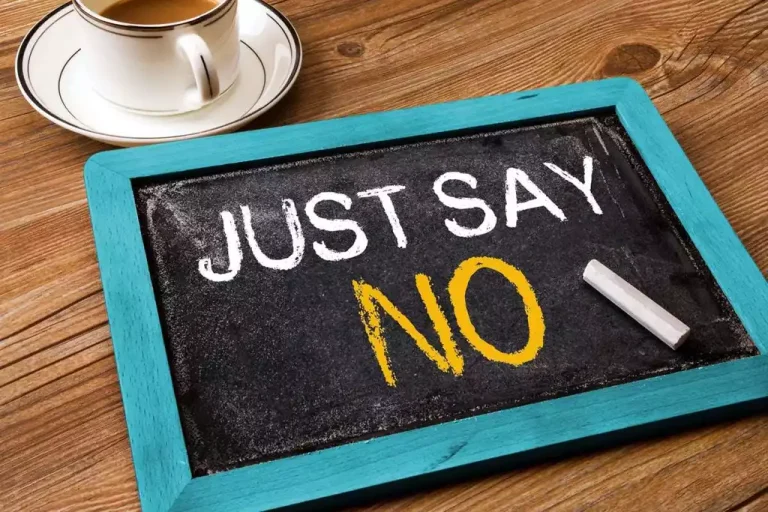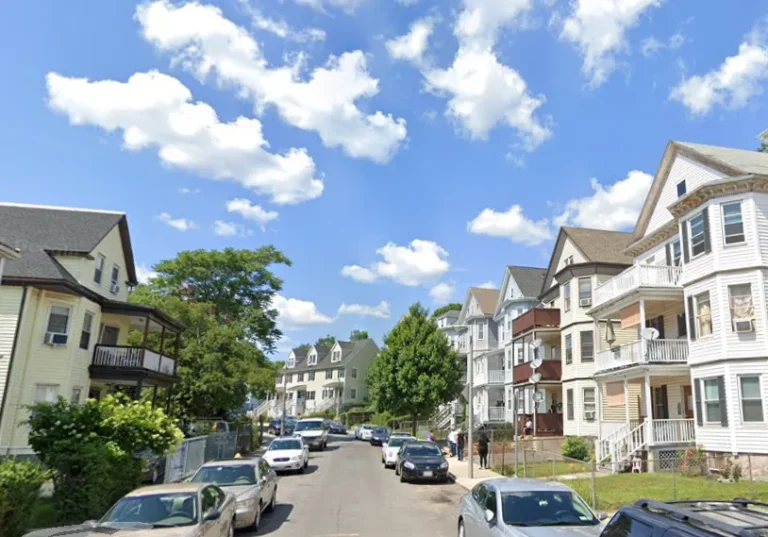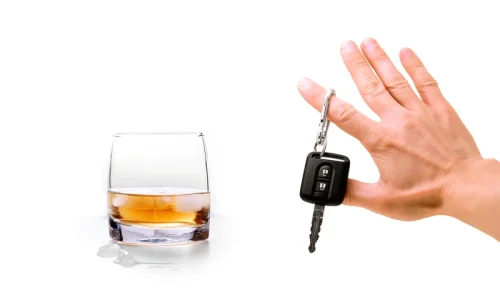
Having a supportive network of family, friends, or colleagues may make recovery easier. During this phase, a person may not be thinking about using, but they may experience thoughts and behaviors that ultimately lead them toward reuse. Stay consistent with your boundaries; this will help others respect them.
Know your triggers
- Substance abuse relapse occurs when a person who has attempted to stop using a substance begins to use it again.
- Common triggers and risk factors for relapse are as varied as the people who experience them.
- Alcohol.org is a subsidiary of AAC, a nationwide provider of addiction treatment services.
- You may need a different approach to treatment, or perhaps to return to inpatient treatment.
- Peer support from those with similar experiences can maintain motivation in recovery5.
- Pause first when you experience these states and find ways to deal with them without turning to substances.
You’ll have dinner, and perhaps end the day with another group session to reflect on your progress so far and how you feel about all you experienced throughout the day. Many rehab centers typically have a set time for “lights out,” when free time is done for the day and you’re encouraged to get to sleep. Ever find yourself returning to alcohol after weeks or months of sobriety?
- 1) Clients often want to put their addiction behind them and forget that they ever had an addiction.
- In the realm of addiction, relapse has a more specific meaning—a return to substance use after a period of nonuse.
- They may feel like some part of them wants to use drugs or alcohol while another part tries to fight these urges.
- Therefore, on the one hand, individuals expect that using will continue to be fun, and, on the other hand, they expect that not using will be uncomfortable.
What’s Included in a Relapse Prevention Plan
You may find engaging in mindfulness and relaxation exercises like meditation and box breathing helpful. Consistent exercise can help reduce negative emotions8 and the chance of relapse. Keeping in touch with supportive friends and family can help ensure you always have a shoulder to lean on.

Support Systems
A relapse prevention plan is used to help keep a person from using a substance after they have decided to quit. It is one of many tools used by individuals recovering from a substance use disorder. A person may have started using alcohol or drugs to relax, unwind, or lift their mood.

They often have critical knowledge of community resources and trends. Also, their ability to provide a wide range of interventions ranging from supportive therapy to medical interventions often proves to be a valuable asset to patients. Breathalyzers have the advantage of being quick and inexpensive to administer. However, at this time, breathalyzers are only https://ecosoberhouse.com/ able to detect alcohol, so they may not provide deterrence against relapse on other substances unless combined with random urine drug screens. Smartphone technology has resulted in remote breathalyzer programs in which an individual can provide a sample into a Bluetooth-connected breathalyzer while the mobile phone takes a picture to confirm their identity.
Keeping that list on you at all times is important because it is a readily available resource you can use by quickly calling someone safe. Second, mind-body relaxation helps individuals let go of negative thinking such as dwelling on the past or worrying about the future, which are triggers for relapse. The practice of self-care during mind-body relaxation translates into self-care in the rest of life.







